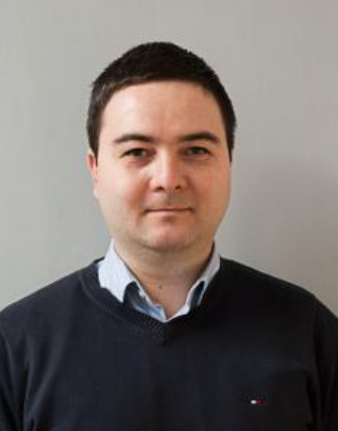The doctoral training activity within SDE ensures the continuation of the bachelor and master study cycles that are organized within the Faculty of Energy Engineering, by collaborating with the three departments of the faculty: Department of Hydraulics, Hydraulic Machines and Environmental Engineering (DHMHIM), Department of Production and Energy Use (DPUE) and the Department of Electrical Power Systems (DES).
The activity within the Doctoral School of Energy Engineering is led by the SDE’s Director and the Council of the Energy Engineering Doctoral School (CSDE), which consists of the SDE’s director, PhD supervisors, and PhD students from the Faculty of Energy Engineering, as well as professors from other universities in the country and abroad.
Smart energy systems (smart grid; super grid; smart buildings; smart campus; smart city) and their integration into the energy systems
Electrical and thermal energy production from renewable energy sources (solar, wind, hydraulic, geothermal, biomass, biofuels)
Energy efficiency of power systems and buildings (passive houses, zero-energy houses)
The impact on the environment of the processes, installations, and systems from the energy engineering domain (carbon footprint, water footprint)
Carbon capturing, transport, and storage
Electricity generation processes with a low environmental impact
Pollution prevention and decontamination technologies for energy processes
Modelling and control of dynamic processes in energy systems
Application of artificial intelligence techniques in monitoring, control and optimization of power systems
Monitoring and control of electrical and thermal energy quality
Alternating and/or direct voltage transmission and distribution power systems
The influence of dispersed generation on the resilience of energy systems, final consumers and transmission and distribution systems
Increasing the performance of electrical power systems using power electronic based systems (FACTS devices).
Power system stability and security
Integration of distributed generation in electrical networks
Optimal power flow in context of the electricity market
Modelling of steady-state, transient and emergency processes in nuclear and fossil fuels power plants
Intelligent systems of water distribution and energy/resources recovery in the urban water cycle
Hydraulic and pneumatic energy storage
Operation optimization of hydraulic machineries / hydraulic power plants and pumping sta-tions/ renewable energy sources-based hybrid systems
Dynamics of simple and complex fluids
Hydro-aerodynamics of hydraulic and pneumatic machinery and systems
Collecting/using rainwater and reusing wastewater
Integrated management of water resources and the influence of climate changes on the water resources
Modelling and simulation of hydraulic and pneumatic driving and control systems
